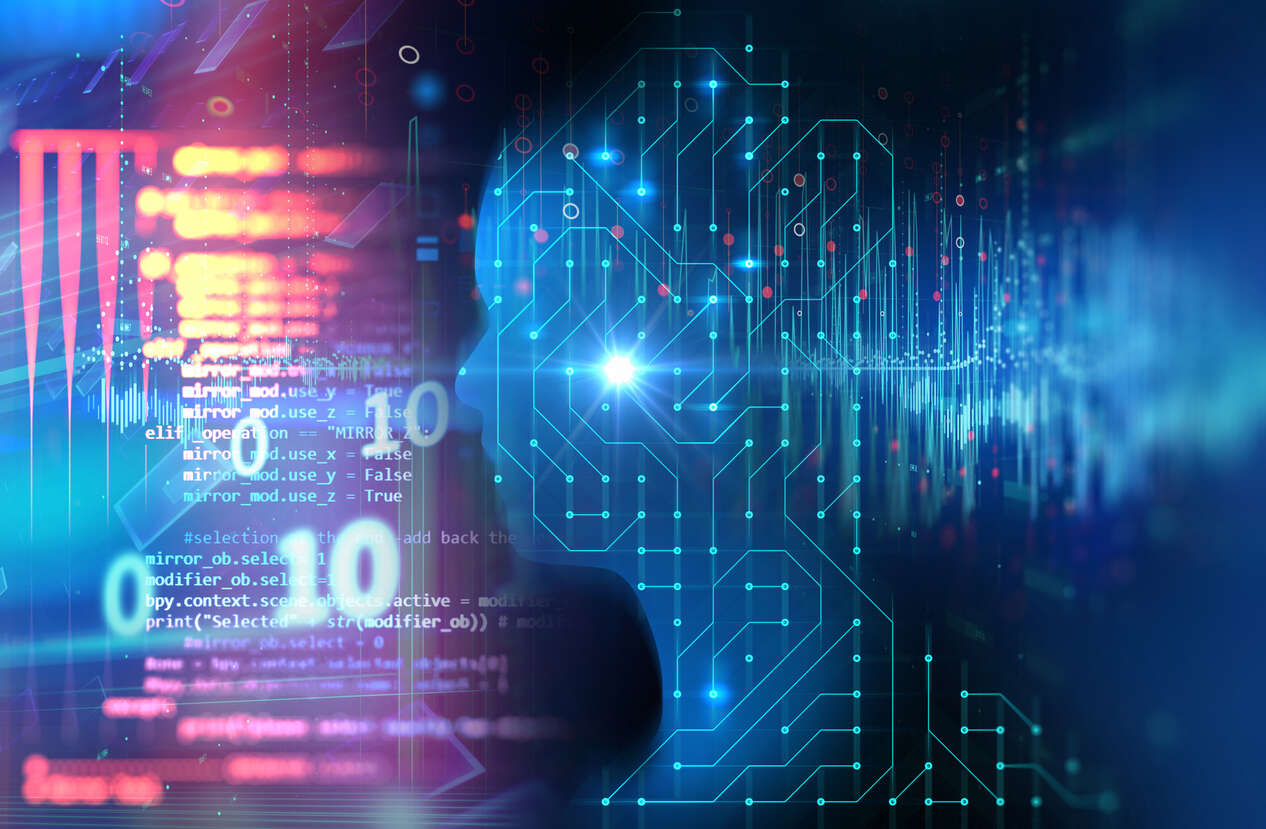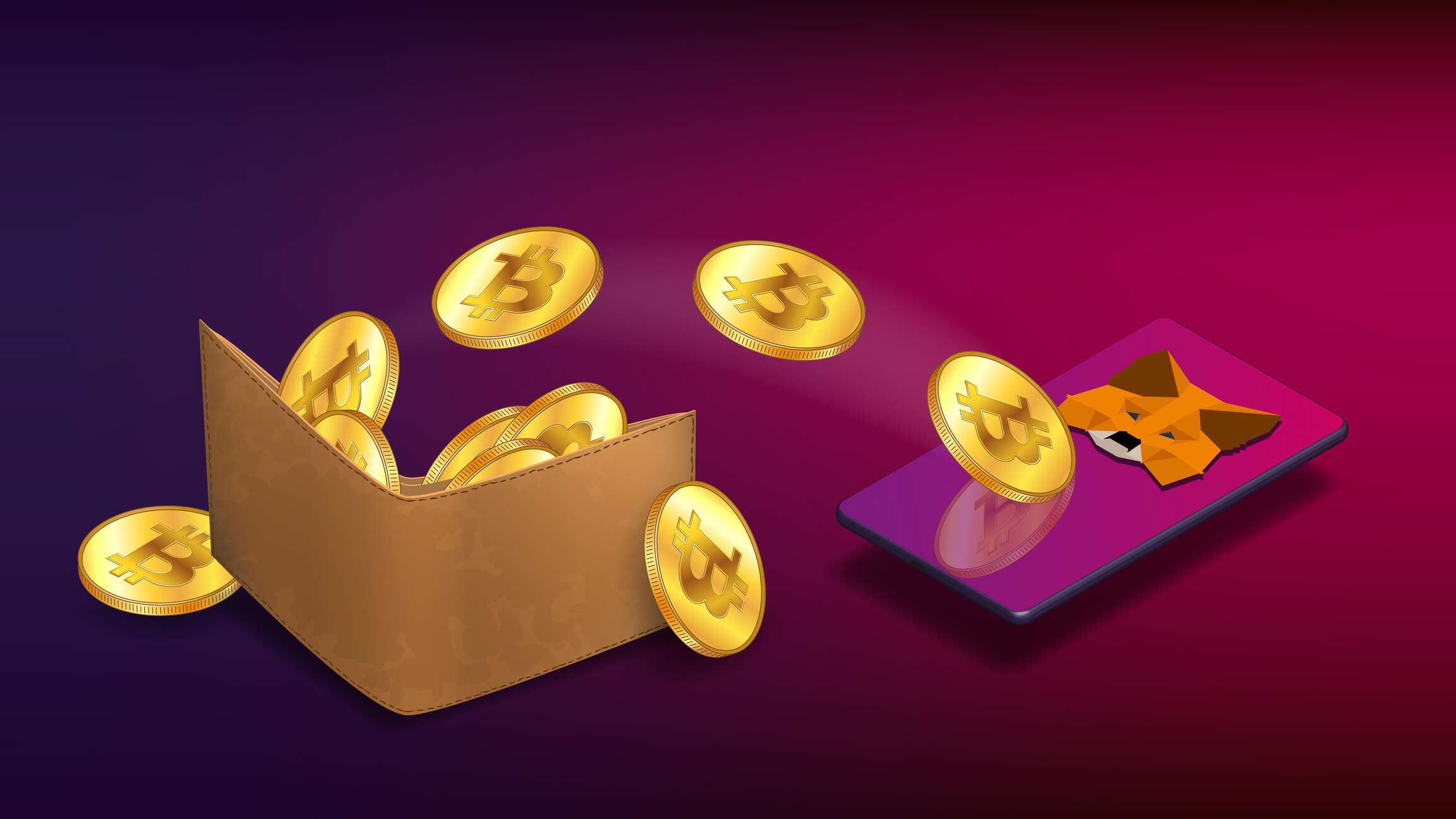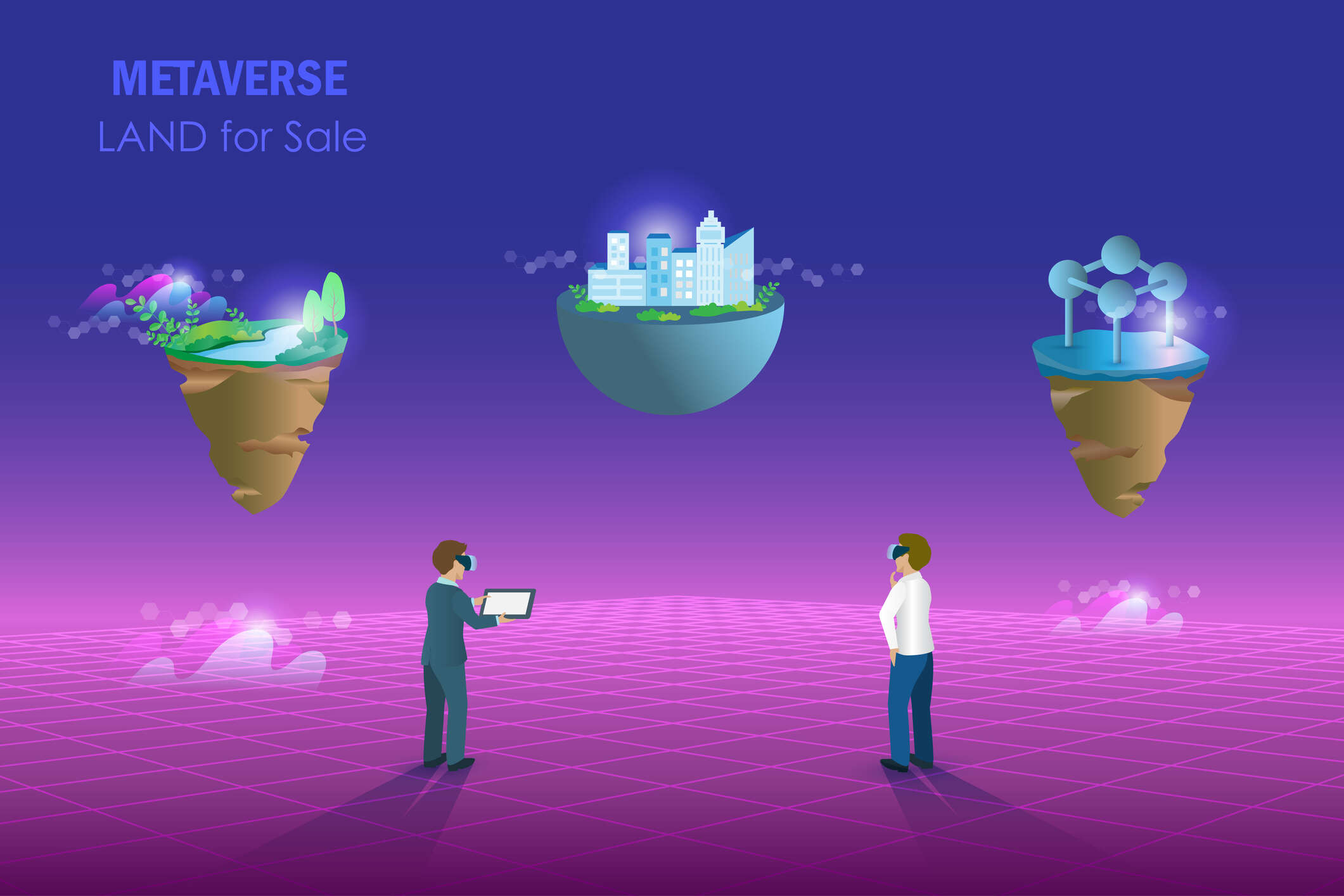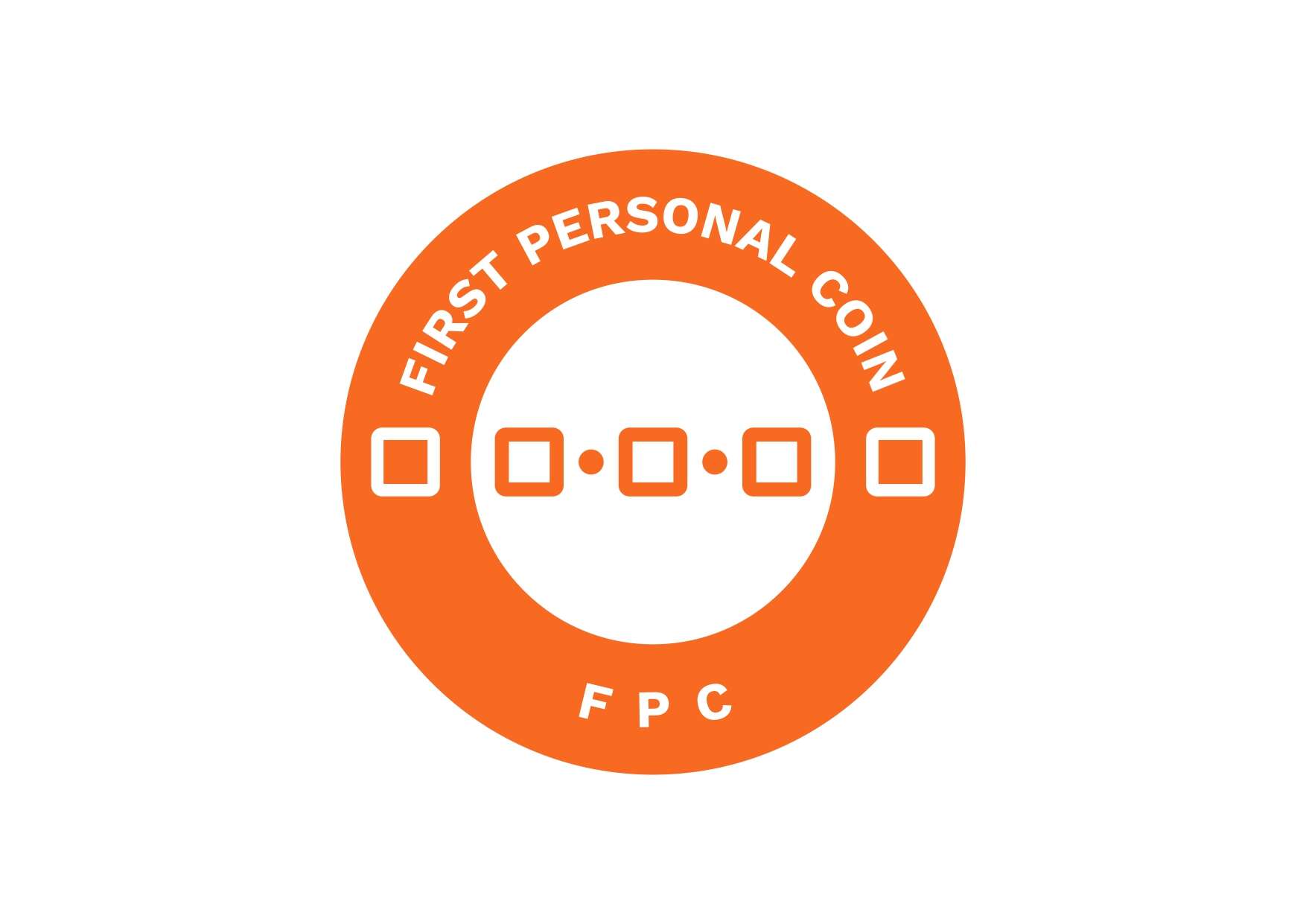Modelli di business nel metaverso

Modello di business semplice
Per parlare di esperienze immersive ci focalizziamo su un caso che potrebbe apparire come futuristico che però si basa su tecnologie che già esistono e vengono usate già da almeno un milione di persone.
Lo sguardo al futuro infatti, lo fornisco parlando di qualcosa che è già molto diffuso: mi riferisco al Wallet Metamask, ovvero un wallet open source estensione di Google Chrome. Questa tecnologia permette di identificarci all’interno della piattaforma creando un nostro Avatar; non si tratta però di un semplice avatar, ma di un portafoglio, uno spazio, o meglio, un hard disk in cui possiamo inserire soldi, immagini e token NFT.
Questi ultimi sono i token non fungibili, una parte fondamentale del metaverso, ovvero quella cultura che si sta trasferendo dal fisico al virtuale. Il token è, infatti, per definizione qualcosa che si trova nel virtuale, ma ha profonde radici nel fisico: ci sono, ad esempio, token di scarpe da ginnastica, di quadri o di oggetti digitali che hanno la caratteristica di non essere duplicabili.

Immaginiamo quindi, di esserci identificati tramite il nostro avatar. Ora, le relazioni che avremo con le altre persone all’interno del Metaverso accadranno tramite il nostro wallet. Sembra cinico dire che noi siamo il nostro portafoglio, meglio dire che il nostro portafoglio siamo noi e una delle monete al suo interno è la nostra reputazione; con questa entriamo nel Metaverso.
Entriamo in questo mondo con il nostro avatar, supportato da un identificativo digitale totalmente decentralizzato. Con questo identificativo decidiamo di comprare un oggetto, che data la tecnologia attuale sarà un oggetto digitale, ma potremmo comprare anche la rappresentazione di una semplice scarpa da tennis.
Nel momento in cui decidiamo di pagare, l’esperienza diventa completamente diversa rispetto a quella che conosciamo: il sito della scarpa, ha un suo portafoglio, ha un suo piccolo pezzo di hard disk, ha un suo modo per ricevere la valuta virtuale che è nel nostro portafoglio. Può essere il sand, può essere un Bitcoin può essere qualcos’altro.

Di conseguenza l’economia crypto si divide in due mondi.
1. Questo esempio dell’acquisto fa parte di un modello di business semplice, molto legato alla compliance e alla tecnologia, che rimane connessa ad un modello di business tradizionale e che rimanda ad azioni del mondo fisico.
È vista come un’attività semplice perchè siamo in un mondo vecchio ma con una tecnologia nuova. Un altro esempio può essere l’apertura di una succursale bancaria sul web decentralizzato, come ha deciso JP Morgan, oppure visionare un’opera d’arte digitale pagando il biglietto del museo digitale.
2. Si può comprare una scarpa o una land nel quale vogliamo costruire un negozio virtuale, ovvero un luogo virtuale nel quale si faranno affari reali. Ecco un nuovo modello di business caratterizzato dall’e-commerce trasportato dal mondo fisico.
Si tratta ovviamente di un e-commerce particolare; infatti, non si è parlato di nessun tipo di banca o payment gateway; questo perché non ci sono intermediari. Siamo noi che, scaricando software, li carichiamo con dei beni che possono essere stati guadagnati o lavorando in modalità virtuale, o giocando con i modelli di business chiamati Play-to-Earn.

Modello di business complesso
Il modello di business complesso, è caratterizzato da fatti nuovi in un contesto nuovo, e modelli economici senza intermediari, come pool di persone che si organizzano per cogliere nuove opportunità. Ad esempio, comprare la prima copia della Costituzione.
Perché lo fanno?
Per vari motivi: culturali, per motivi ragionevoli per alcuni, e irrazionali per altri.
Un business complesso, in altre parole, si sviluppa in uno spazio digitale/fisico condiviso, strumentato da token crypto, e alimentato da meccanismi di coordinamento distribuito sotto forma di DAO.
Con un modello di business complesso, si crea interesse e curiosità. Come il caso della Crypto Valley, i terreni (Land) attorno ad essa ora valgono milioni di $ che prima valevano €200/300; quindi tutto dipende dal tipo di attività che si svolge all’interno del Metaverso.
Così alcune multinazionali decidono di volere il Land vicino a questo; di conseguenza tutto ciò che sta vicino al Land della società diventa a sua volta un valore per la stessa e per tutti i vicini di casa (ovvero altri enti che tramite un wallet hanno acquisito un’identità digitale).
Questi luoghi sono nati dal nulla e attirano le attenzioni degli investitori, pronti ad accaparrarsi un angolo di paradiso da poter poi rivendere a caro prezzo. O, perché no, affittare.
In definitiva diventa importante prestare attenzione a questo mondo, sia per le possibilità qualitative che quantitative.
Casi d’uso promettenti per il Metaverso
- Intrattenimento
- Pubblicità virtuali
- E-commerce
- Educazione
- Salute e medicina
- Public Services
- Turismo e città virtuali
- Assunzioni
- Produzione smart
- Virtual Real Estate
- Investimento NFT
Quali sono le prospettive future?
Citibank ha studiato questo mondo, e, grazie al contributo di moltissimi esperti, ha prodotto un percorso ragionevole per una banca di dimensione mondiale che voglia avvicinarsi al mondo delle criptovalute e del metaverso.
Dagli studi è emerso che questo mondo nel 2030 potrà valere dagli 8 ai 13 triliardi, ovvero 10 volte il valore dell’intera attuale economia crypto.
Si tratta di un valore al quale prestare la massima attenzione, perché ad oggi anche se l’economia crypto è ancora ritenuta appannaggio di pochi, il suo valore corrisponde al PIL della Germania o dell’India.
Si tratta quindi di nuove opportunità, che portano sia a nuovi rischi, che a nuovi desideri di approfondimento.
